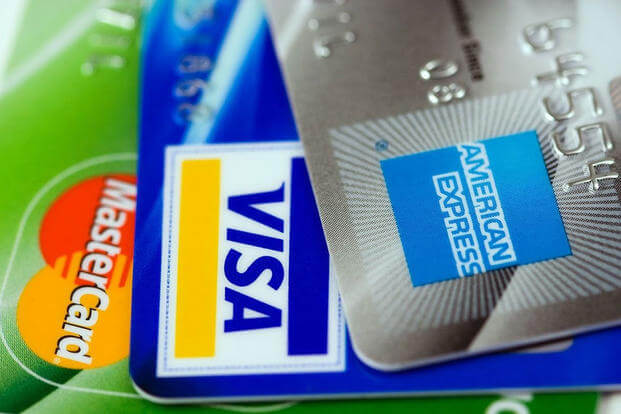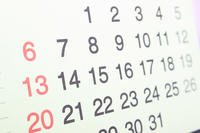Your first credit card. It can be a blessing or a curse. A convenience or a quick path to a financial implosion.
If you’re thinking about taking the leap, here’s a 3-step roadmap to making it a positive experience.
- Recognize the benefits. There’s real value in obtaining and responsibly using a credit card. Here are several examples that come immediately to mind:
- You begin to build credit. Responsibly using a credit card is a definite plus for your credit history and score. The unsecured nature of this type of debt makes how you handle it a key factor in how prospective lenders view your credibility (pun intended).
- A credit card makes travel easy. Whether you’re renting a car, buying airline tickets or reserving a hotel a credit card will facilitate the process. Yes, you may be able to get it done without a credit card, but it won’t be as easy and it may mean losing access to a big chunk of what’s in your bank account.
- You get some serious protection. A few years ago we bought my daughter a salon package as a gift. A month later, the salon went out of business…before my daughter used her voucher. A quick call to the credit card company and we had our money back. That’s one example, but there are a whole lot more from additional protection when you’re renting a vehicle, extended warranties and fraud protection.
- Shop for the right card. There are a whole lot of choices, but here are a few key factors that may help you pick your first card:
- Focus on costs. I’m not sure there’s any reason for you to pay an annual fee for the privilege of using your first credit card, so that’s something you’ll want to steer clear of if possible. You’ll also want to compare penalties, other fees and grace periods all covered in the fine print of the application.
- Look for a lower interest rate. While your goal should be to pay off the credit card anytime you use it -- there’s no need to even wait until the payment is due – there may be times when you’ll pay interest and, of course, the lower the Annual Percentage Rate, the better.
- Other bennies. Cash back, frequent flyer or other program points, special discounts and lack of foreign transaction fees are all examples of benefits that could figure into your decision on your first card.
- Use with care. This is where the rubber meets the road with your first credit card. Do things right and you have an empowering tool, stray off course and you could do more harm than good.
- Create credit history, not debt. Your aiming to add a convenient tool to your financial tool box and build a track record of effectively managing credit. Neither require you to carry a balance on your credit card and you certainly don’t want to run up a bunch of debt.
- Stay within the guardrails. A critical step in successfully managing your personal finances is spending less than you earn. Having a credit card is not a reason or excuse to stray from that philosophy. If you’re using your new credit card to buy what you cannot afford, stop. That’s a one-way ticket to a credit disaster. How do you know you’re on track? You pay off your credit card in full each month.
- Pay on time every time. This is the most important factor in building a solid track record with credit, so don’t go astray with your credit card or any of your other obligations.
Getting your hands on your first credit card is a rite of passage of sorts, make it a passage to a happy place and not a nightmare.
J. J. Montanero is a Certified Financial Planner professional with USAA's Military Advocacy Group








